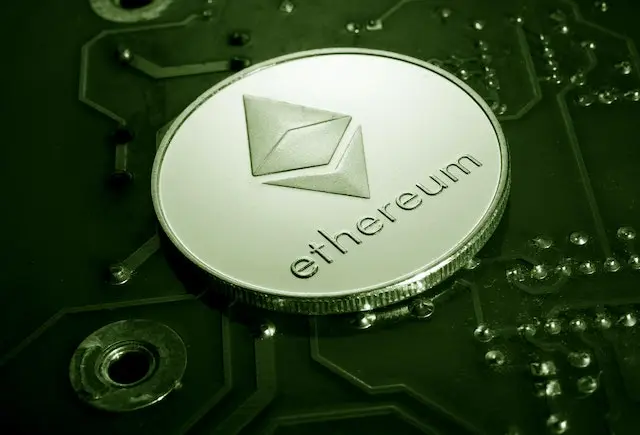Decentralized finance (DeFi) aggregators have arisen as a valuable tool in the evolving world of DeFi, simplifying and streamlining the user experience. These cutting-edge platforms serve as mediators, combining data, liquidity, and services from several DeFi protocols into a single, easy-to-use interface.

Navigating the DeFi Maze: The Role of DeFi Aggregators
The DeFi ecosystem, while brimming with opportunities, can be daunting for newcomers. With a plethora of protocols, each offering unique services and functionalities, navigating the DeFi maze can be a complex and time-consuming endeavor. DeFi aggregators address this challenge by providing a centralized hub for DeFi interactions, empowering users to seamlessly access and utilize a wide range of DeFi services.
Key Features of DeFi Aggregators
DeFi aggregators offer a suite of features that enhance the DeFi experience, making it more accessible and efficient for users. These key features include:
- Simplified Interface: DeFi aggregators provide a user-friendly interface that abstracts away the complexities of underlying protocols, allowing users to interact with DeFi without extensive technical knowledge.
- Optimized Transactions: DeFi aggregators employ sophisticated algorithms to identify and execute the most cost-effective and efficient transactions across various DeFi protocols, saving users gas fees and maximizing returns.
- Enhanced Liquidity: By aggregating liquidity from multiple pools, DeFi aggregators provide users with access to deeper liquidity, ensuring they can execute trades and transactions without slippage or liquidity issues.
- Comprehensive Overview: DeFi aggregators offer a comprehensive overview of DeFi activities, providing users with real-time data on token prices, transaction history, and market trends.
Benefits of Using DeFi Aggregators
The benefits of using DeFi aggregators extend beyond simplifying the user experience. They also offer several tangible advantages, including:
- Reduced Gas Fees: DeFi aggregators optimize transactions and minimize gas costs, which can be significant on the Ethereum blockchain.
- Improved Returns: DeFi aggregators identify the most profitable opportunities across DeFi protocols, maximizing returns for users.
- Enhanced Security: DeFi aggregators integrate with reputable protocols and employ robust security measures, safeguarding user funds and transactions.
Popular DeFi Aggregators
The DeFi landscape is home to a diverse range of DeFi aggregators, each with its own strengths and features. Some of the most popular DeFi aggregators include:
- 1inch: 1inch is a leading DeFi aggregator known for its focus on gas fee optimization and its comprehensive support for various DeFi protocols.
- DODO: DODO is a decentralized exchange (DEX) aggregator that offers a unique priceimpact protection feature, shielding users from adverse price movements during trades.
- ParaSwap: ParaSwap is another popular DeFi aggregator that provides a user-friendly interface and supports a wide range of token pairings and DeFi protocols.
Revolutionizing DeFi Access
DeFi aggregators are revolutionizing DeFi access, making it more accessible and user-friendly for individuals of all experience levels. They are playing a pivotal role in the growth and adoption of DeFi, paving the way towards a more inclusive and decentralized financial future.
Conclusion
DeFi aggregators are not just tools for simplification; they are catalysts for DeFi innovation. By streamlining user interactions and optimizing transactions, DeFi aggregators are empowering users to explore the vast potential of DeFi and unlocking new avenues for financial empowerment. As DeFi continues to evolve, DeFi aggregators will remain at the forefront, ensuring that the benefits of decentralized finance are accessible to all.
Disclaimer
FAQ
NFTs are unique digital assets stored on blockchains, representing various digital items.
To create a unique NFT, you mint it by uploading a digital file to a blockchain platform.
NFTs can be a good investment for collectors, but research and understanding risks are essential.


